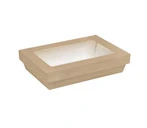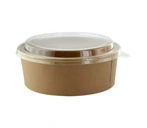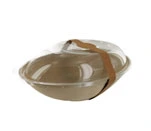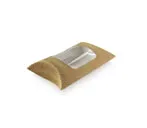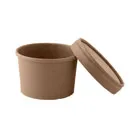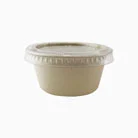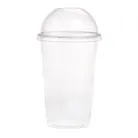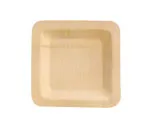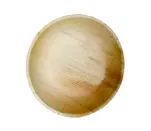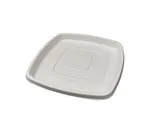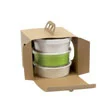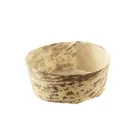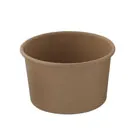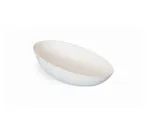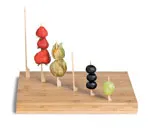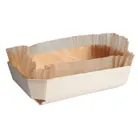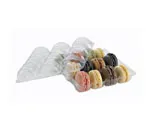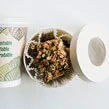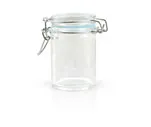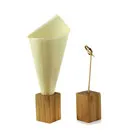What Is Organic Gardening?
Posted by Adam Merran on Aug 19th 2013
Many people are interested in gardening, and especially in organic gardening which is pretty much the same besides the fact that no fertilizers or pesticides are used on plants and that organic gardeners are trying to reduce resources the garden consumes. With the weather that we have had in the past couple of weeks, there is no doubt about the fact that summer is here and it means that it is definitely the perfect time for gardening. Whether you have a garden in your backyard or smaller containers on your balcony or rooftop, you might be interested in organic gardening but don’t know where to begin so here are a couple of tips to take into consideration when gardening for a flourishing organic garden.
- If you have a compost bin, mix compost with your regular garden soil.
- Don’t forget to plant your vegetables in different spots of your garden every year. It helps to prevent pests.
- Use natural compost: it has more nutrients for the soil, will prevent weeds, maintain moisture levels and attract beneficial earthworms. You should also fertilize our soil with organic materials such as coffee ground, shellfishes’ shells or tea.
- Try to limit pests and diseases by choosing diseases-resistant plants or by practicing what is called companion planting. Companion planting is the planting of different plants next to each other.
- Prefer to water early in the morning in order to save water.
Also keep in mind that gardeners spend about 5 hours on average in the garden every week! One last advice: the best way to have a successful and flourishing garden is to go with seasonal plants and vegetables. To help you with that the National Gardening Association features a seasonal one every month on their website! For instance the feature of August is growing sweet melon. For sweet melons that ripen weeks before the threat of frost, try these tips in your garden:
- Plant seedlings two weeks early under hot caps.
- Start saving large tin cans, such as coffee cans.
- When the vines take off, pinch off the fuzzy ends to concentrate the plants’ energy into producing flowers and fruit, rather than more vine.
- As the melons form, bury the tin cans near them. Place the cans open end down, deep enough so they won’t tip over.
- When the melons are the size of baseballs, gently lift them onto the cans. Sunlight warms the metal cans, and the heat is transferred to the melons, ultimately making for sweeter melons. The elevated fruits are off the cool ground, in full sun above their foliage.
- Near the end of summer, pick off any little green melons you know won’t ripen before a frost. The remaining fruit will finish ripening faster and better.
Now that you know how to grow an organic garden, check out our blog post about Eco-friendly cooking! The whole point of having a great organic garden is to be able to eat healthier and go greener!

